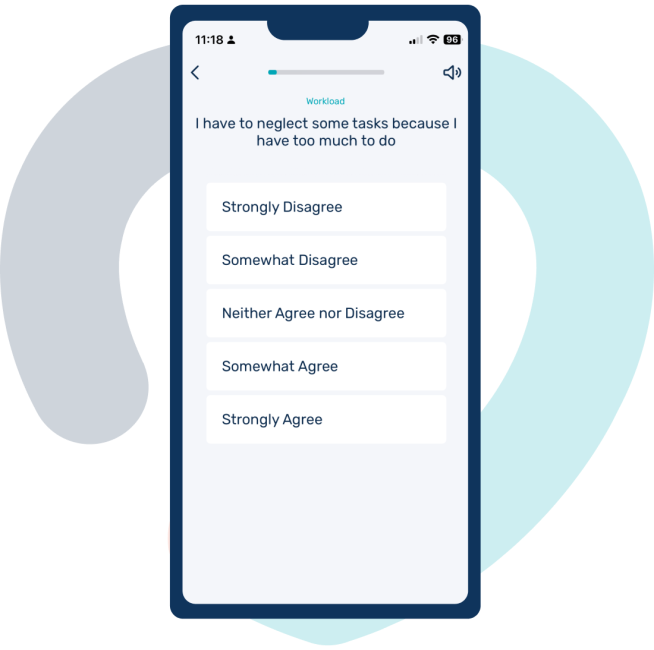How To Turn Your Psychosocial Risk Learnings into Timely and Convenient Action

Featured

3 Things Organisations Can Learn from High Performance Sport

4 Keys to a Successful Psychosocial Risk Management Journey…

How to Defuse Management's Biggest Psychosocial Risk Management Fear
Several years ago we were busy in our main roles as clinical health care providers, and we found we were supporting an increasing number of workers burnt out, in pain, de-motivated and presenting mental health concerns. In talking with our patients, they frequently explained a major source of their difficulties came from work environments poorly designed and managed. Stories relating to a lack of organisational care, poor manager skill, unmanageable workloads and emotional demands, limited autonomy, poor role clarity, and the expectation that it was the individual’s responsibility to manage well-being outside of work hours via well-being platforms and EAP programs.
Based on this experience we weren’t surprised to learn that mental health disability and workers compensation claims were fast becoming the biggest general workplace problem.
We asked the question….
How do we help make everyday organisations operate more like high performance sport organisations so they can better protect worker well-being while supporting high performance…reducing the need for reactive clinical health care in the process?
In developing mibo, we then spent years garnering feedback and listening to organisation stakeholders about what a practically successful psychosocial risk program would look like.
We consistently received four pieces of feedback:
- Automation – Leaders, people and culture teams, and OHS divisions have so much on your plate and you need solutions that save time and are automated as much as possible
- Managers are crucial – Improving managers’ people skills is highly desirable.
- Easily actionable items – Because of the complexity of current processes, learnings from assessment and consultation don’t necessarily result in any action and when it does it. typically takes a long time. Therefore, solutions that can facilitate positive and timely action is desired to keep momentum and help demonstrate to employees that their feedback matters and contributes to action.
- Whole of organisation involvement – You can’t do it alone, everyone in the organisation has a part to play to make a real difference.
This feedback was also consistent with our ethos that managers are hugely influential over the work experience of employees, are often technically skilled but less proficient in people management, and therefore the organisation will substantially benefit over time from upskilling via personalised training based on employee feedback. Additionally, solutions need to help facilitate communication and engagement within teams.
With this feedback in mind we developed the ‘Coach Approach’ 🙂
Just like high-performance sports teams, our data-led, digital trainings help your leaders and managers become skilled coaches capable of designing work and managing teams in a way that improves psychosocial health, safety, and performance while also helping employees respond to challenging psychosocial circumstances.
To learn more about our approach to Psychosocial Risk management reach out to chat today 🙂





